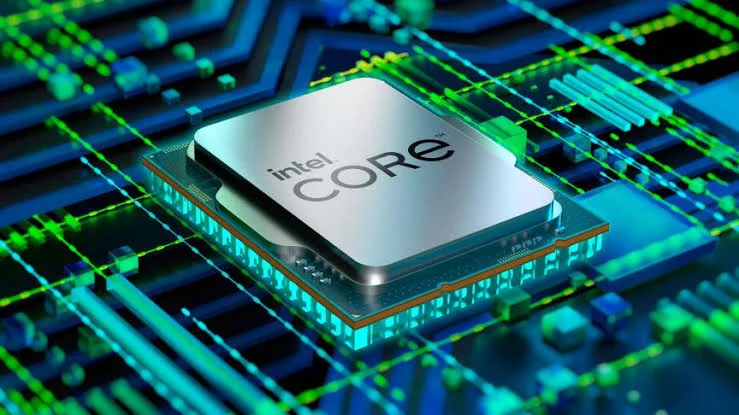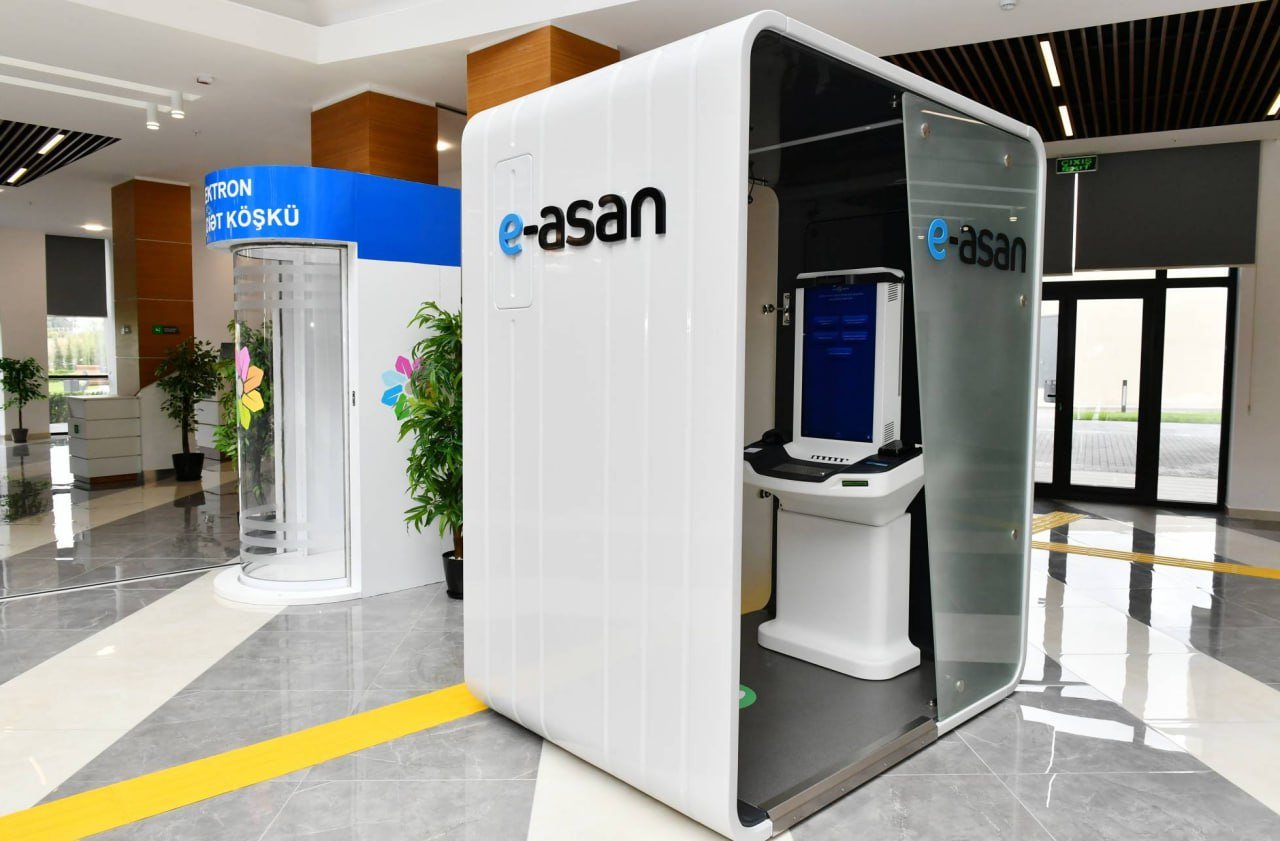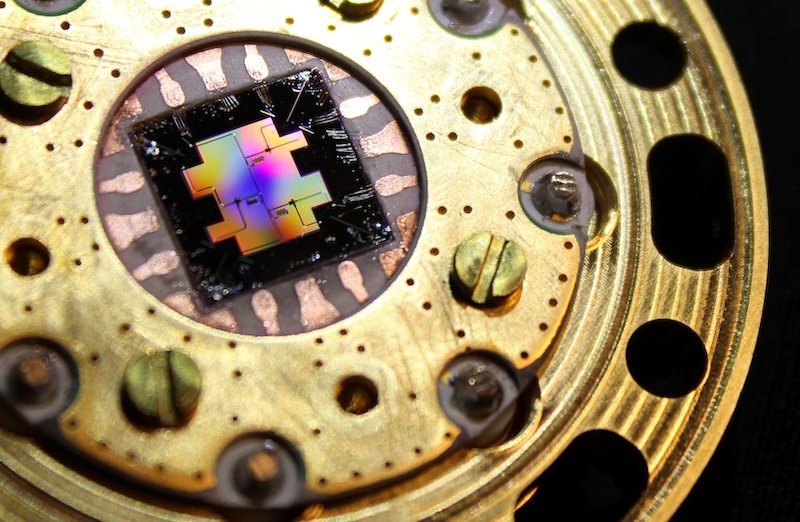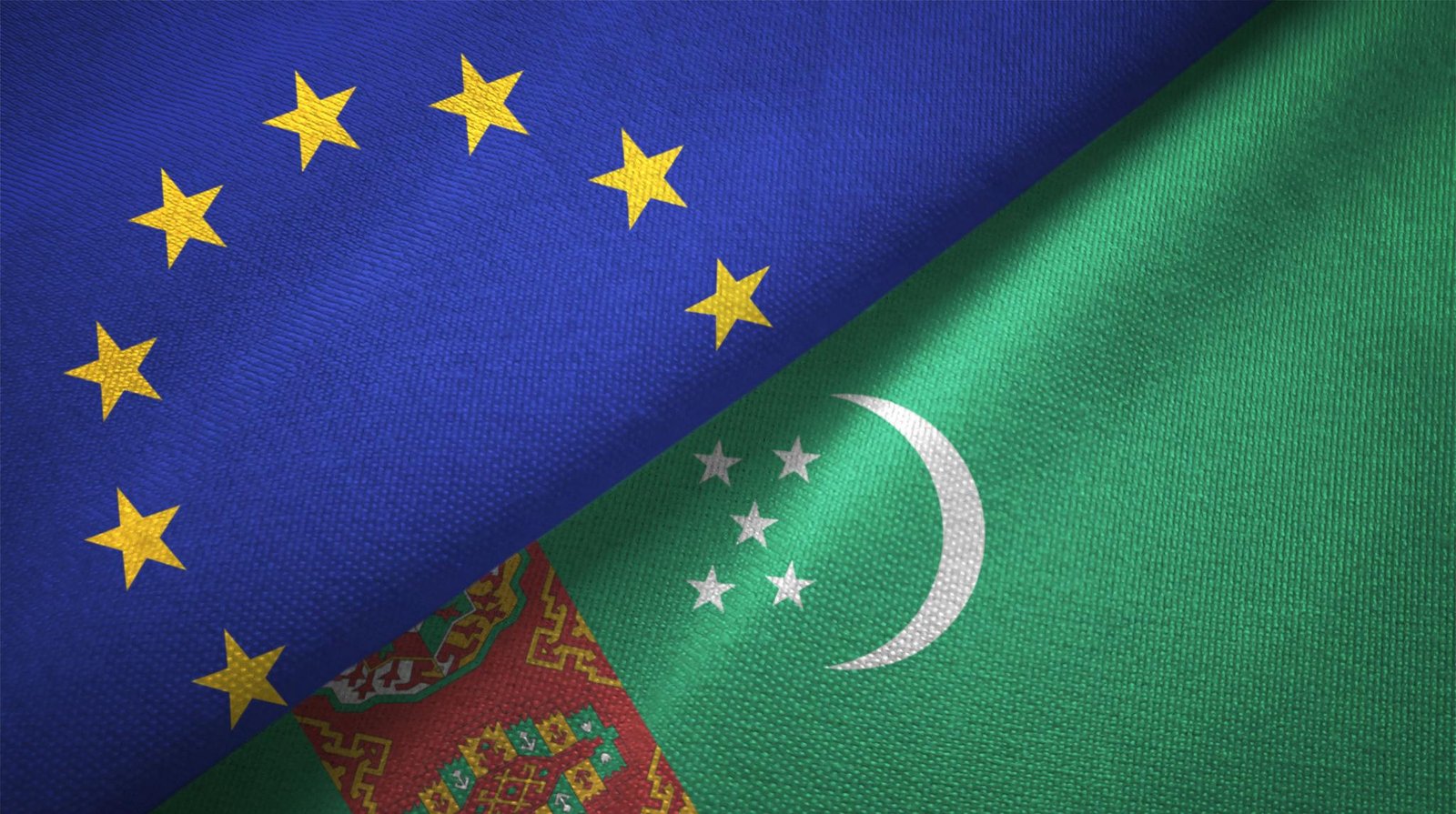New York, January 18, 2024, The Europe Today: U.S. chipmaker Intel’s battle against a 1.06 billion euro ($1.2 billion) EU antitrust fine received a boost on Thursday as an adviser to Europe’s top court found fault with EU regulators regarding their economic analysis.
The case, stemming from 2009, saw the European Commission imposing a fine on Intel for alleged attempts to hinder rival Advanced Micro Devices by offering rebates to computer makers Dell, Hewlett-Packard Co, and Lenovo, in exchange for purchasing the majority of their chips from Intel.
The European Commission’s imposition of fines centered on its concerns about anti-competitive effects arising from such rebates. Companies, including Intel, argue that regulators must prove the anti-competitive nature of discounts before sanctioning them.
In 2022, a lower tribunal overturned the fine, leading the EU competition enforcer to appeal to the Court of Justice of the European Union (CJEU) in Luxembourg.
Advocate General Laila Medina of the CJEU, focusing on two of the six grounds of appeal, recommended dismissing both. In a non-binding opinion, she stated, “The court should confirm that the Commission erred in applying the AEC test with respect to HP and Lenovo.”
The AEC test assesses the extent to which equally efficient competitors can still compete despite rebates offered by a dominant company.
The CJEU, expected to rule in the coming months, typically follows the majority of such recommendations. Meanwhile, the Commission, reopening the case last year, imposed a 376-million-euro fine on Intel, citing illegal payments made by the company between November 2002 and December 2006 to HP, Acer, and Lenovo to halt or delay rival products.
Intel’s legal struggle against the antitrust fine continues to unfold, with potential implications for the broader regulatory landscape surrounding competition in the tech industry.














